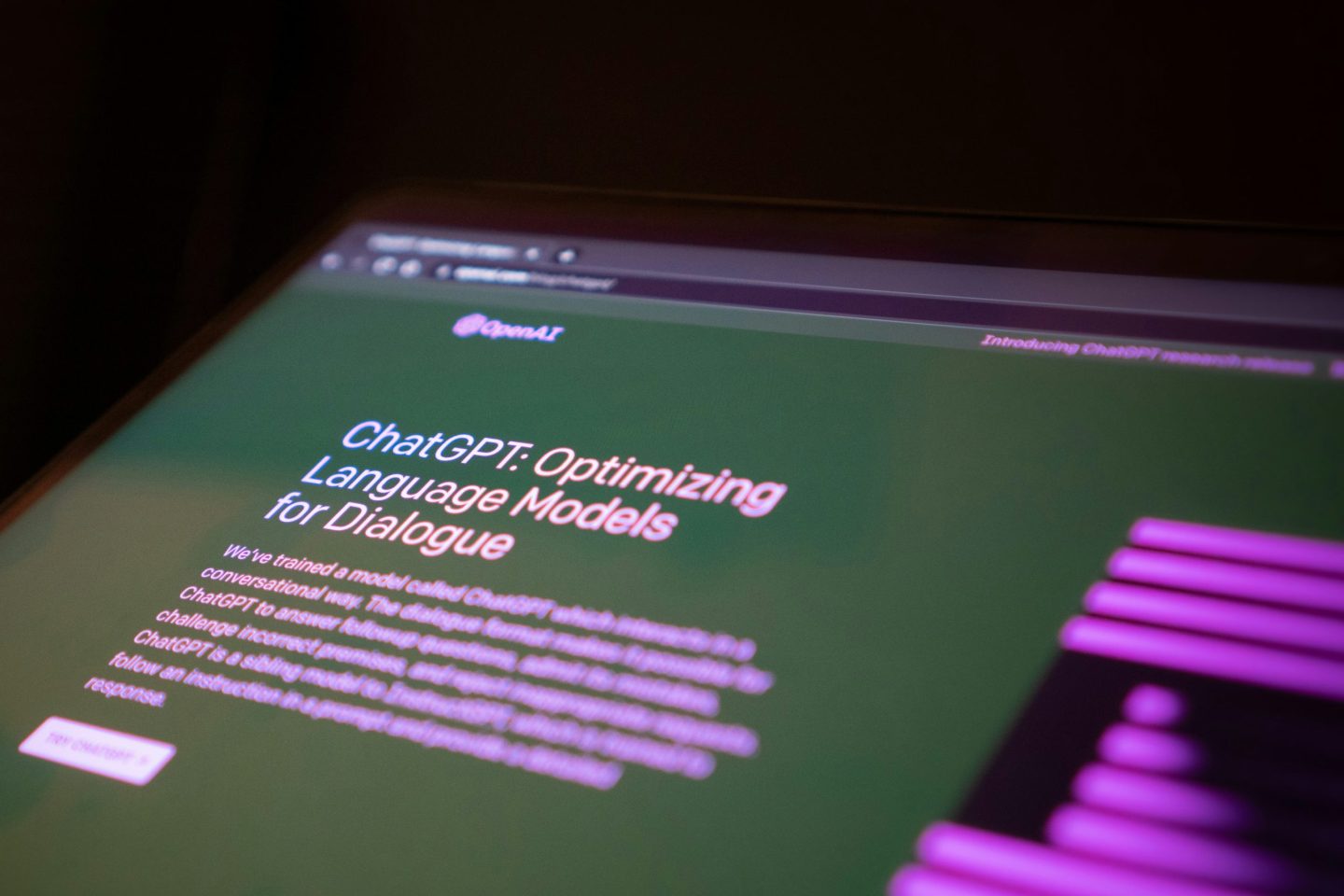The new year was only beginning, but technology had already taken centre stage in a tragic event that shocked many.
Just outside the Trump International Hotel in Las Vegas, a Tesla Cybertruck erupted in an explosion, leaving one person dead and seven others with minor injuries. The devastating incident, confirmed by Las Vegas Sheriff Kevin McMahill, has sparked discussions about the role of artificial intelligence and its darker implications in today’s world.
The Las Vegas Metro Police Department said that the truck’s bed had an alarming mix of gasoline canisters, camp fuel, and large firework mortars. Authorities believe these items were tied to a detonation system controlled by the driver, who appeared to have meticulously planned the attack. The combination of materials painted a chilling picture of a calculated and premeditated act.
The driver, identified as 37-year-old Matthew Livelsberger, was an active-duty soldier in the US Army. Investigators found a “possible manifesto” saved on his phone, along with emails to a podcaster and other documents outlining his intentions. Surveillance footage revealed him preparing for the explosion by pouring fuel onto the truck at a stop before driving to the hotel. Despite all of the preparations, officials confirmed that Livelsberger had no prior criminal record and was not under surveillance at the time of the incident.
One revelation drew significant public attention: Livelsberger had used ChatGPT to aid in his plans. Law enforcement reported that he queried the AI tool for information about assembling explosives, calculating how fast a round would need to be fired to detonate the materials, and understanding which legal loopholes might allow him to acquire the components. Sheriff McMahill addressed this unsettling development, stating, “We know AI was going to change the game for all of us at some point or another, in really all of our lives. I think this is the first incident that I’m aware of on US soil where ChatGPT is utilised to help an individual build a particular device.”
Tragically, Livelsberger’s life ended at the scene with a self-inflicted gunshot wound. Authorities identified his body through DNA and tattoos due to the extensive burns he sustained in the explosion.
OpenAI, the company behind ChatGPT, responded to the incident with a statement expressing their sorrow and emphasising their commitment to responsible AI use. “Our models are designed to refuse harmful instructions and minimise harmful content. In this case, ChatGPT responded with information already publicly available on the internet and provided warnings against harmful or illegal activities,” the statement read. OpenAI also confirmed their cooperation with law enforcement in the ongoing investigation.
The explosion itself was described as a deflagration—a slower, less destructive reaction compared to a high-explosive detonation. Investigators suspect the muzzle flash from a gunshot may have ignited fuel vapours or fireworks fuses in the truck, triggering a chain reaction. Other possibilities, though, such as an electrical short, have not been ruled out.
The Las Vegas explosion is a grim reminder of technology’s double-edged nature. While AI has enormous potential, its darker applications are forcing society to consider how to prevent such tragedies in the future.
(Photo by Unsplash)
See also: OpenAI: Musk wanted us to merge with Tesla or take ‘full control’
Want to learn more about AI and big data from industry leaders? Check out AI & Big Data Expo taking place in Amsterdam, California, and London. The comprehensive event is co-located with other leading events including Intelligent Automation Conference, BlockX, Digital Transformation Week, and Cyber Security & Cloud Expo.
Explore other upcoming enterprise technology events and webinars powered by TechForge here.
Read the full article here















